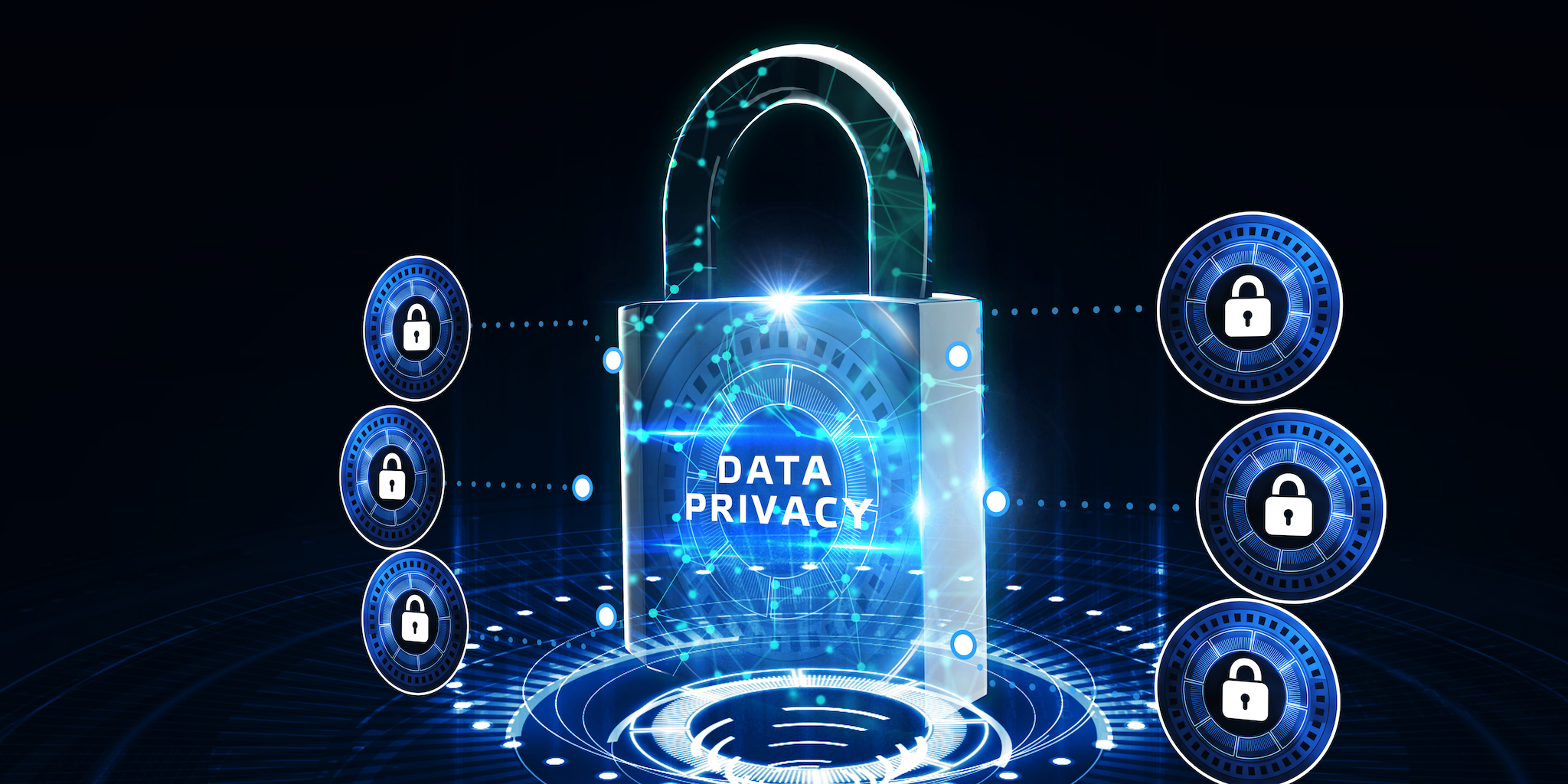
TORONTO, August 3, 2023 -Private AI, a leading provider of data privacy software solutions, and Datastreamer, a platform that is revolutionizing unstructured data adoption, are pleased to announce a new partnership.With 80% to 90% of daily data generation being unstructured, it's more crucial than ever for businesses to leverage this massive, untapped resource. While Datastreamer’s solution automates the ingestion and transformation of said unstructured data, Private AI’s industry-leading PII redaction software allows companies to unlock the value of the data without compromising data privacy.“Joining forces with Private AI helps us solve one of the most pressing deterrents of unstructured data adoption - ensuring information security & compliance,” said Datastreamer’s CEO, David Strucke. “Together, our technologies reshape how organizations utilize this complex data type by breaking down technical barriers while still upholding stringent privacy standards.”"By combining Private AI's industry-leading PII redaction software with Datastreamer's innovative data integration platform, we are unlocking a new era of data-driven insights while safeguarding privacy and compliance,” said Patricia Thaine, CEO and Co-Founder of Private AI. “This partnership empowers organizations to revolutionize how they leverage and monetize their data.”This partnership empowers data-driven teams to confidently extract insights from human-generated content, even when it contains personally identifiable information (PII) that needs to be protected. Consequently, a wealth of previously unexplored sources become safely accessible such as public social media data or internal PDFs. The integration of Private AI and Datastreamer technologies broadens the scope of data sources that become feasible for organizations to leverage.“We’ve witnessed compelling use-cases for this integration. Enterprises can mitigate risks for unstructured data projects that might come with enormous effort to meet privacy requirements,” adds Tyler Logtenberg, Co-Founder and Head Of Operations at Datastreamer. “Startups can concentrate on speed and their unique domain expertise, knowing they have best-in-class data compliance processes ready at their fingertips."About Private AIFounded in 2019 by privacy and machine learning experts from the University of Toronto, Private AI’s mission is to create a privacy layer for software and enhance compliance with current regulations such as the GDPR. Identifying, reducing and removing privacy risks using AI, Private AI allows companies to unlock the value of the data they collect - whether it’s structured or unstructured data. Private AI is backed by M12, Microsoft’s venture fund, and BDC, and has been named as one of the 2023 World Economic Forum’s Technology Pioneers, CIX Top 20, Regtech100, and more. Learn more at: https://www.private-ai.com/Try PrivateGPT, the privacy layer for ChatGPT: chat.private-ai.comAbout DatastreamerDatastreamer’s unstructured data pipeline platform sets engineering teams free from the most time-consuming aspects of data ingestion and transformation. Founded in 2021 by data scientists and analytics experts, Datastreamer simplifies the integration of complex data sources that traditional ETL tools don’t support. Organizations are empowered to turn messy data into ready-to-query insights with a suite of pre-built components, a fully managed pipeline infrastructure, and a network of world-class data partners. As the backbone of industry-leading data products, businesses leverage Datastreamer to train specialized AI models, perform KYC/AML diligence, extract market insights, monitor threat intelligence, and more.Learn more at: https://datastreamer.io/Media Contacts:Datastreamer:Juan Combarizajuan.combariza@datastreamer.ioPrivate AI:Patricia Gracianopatricia.graciano@private-ai.com




































































































